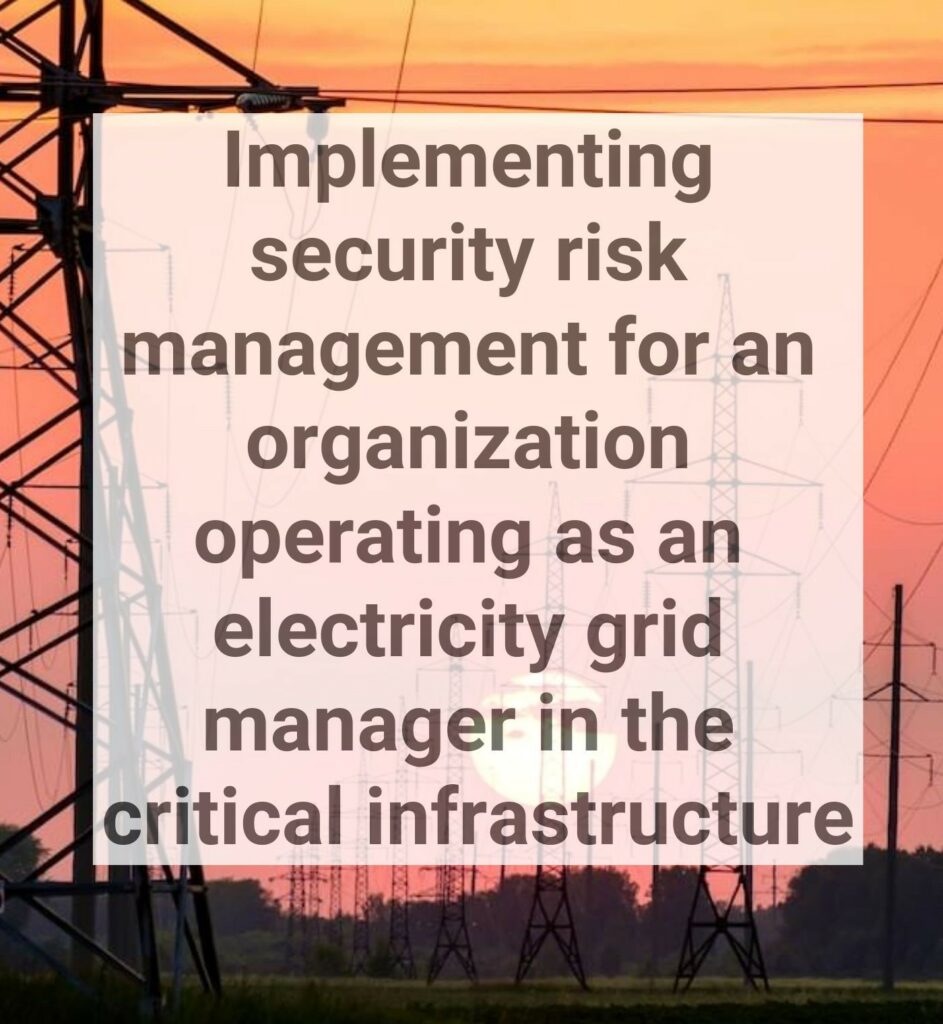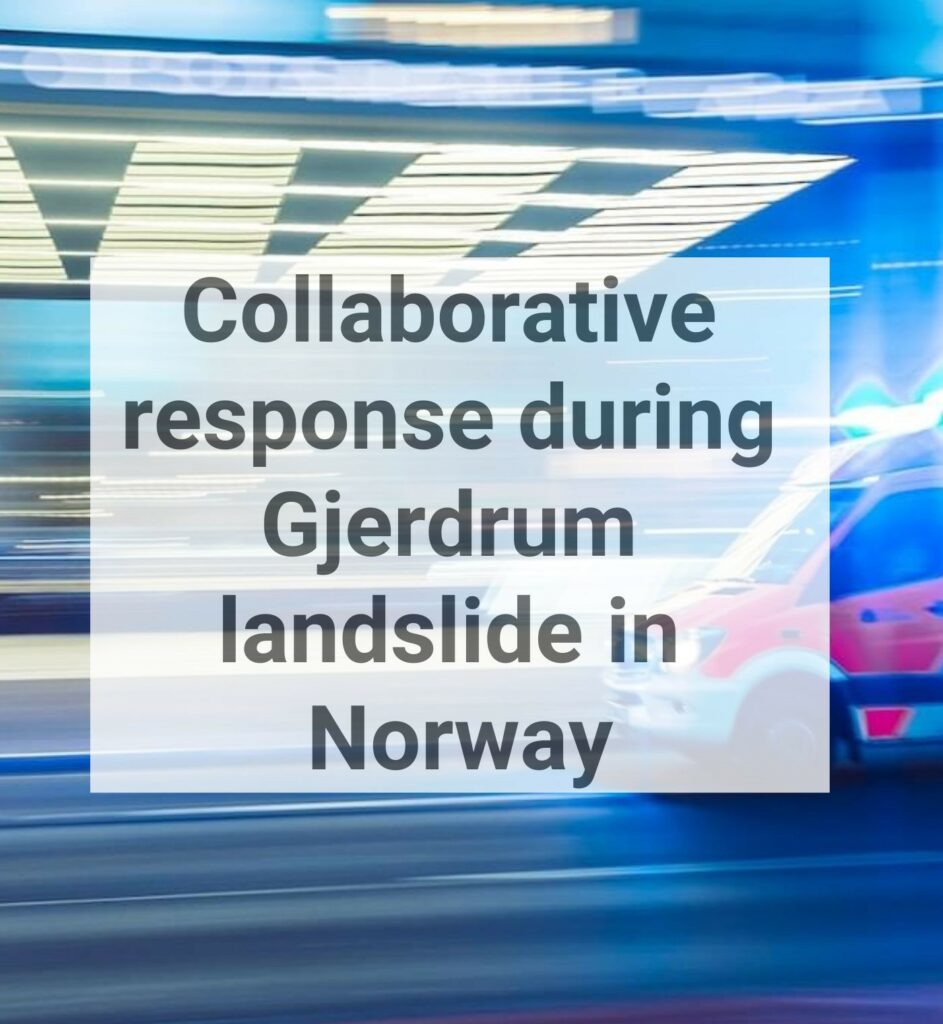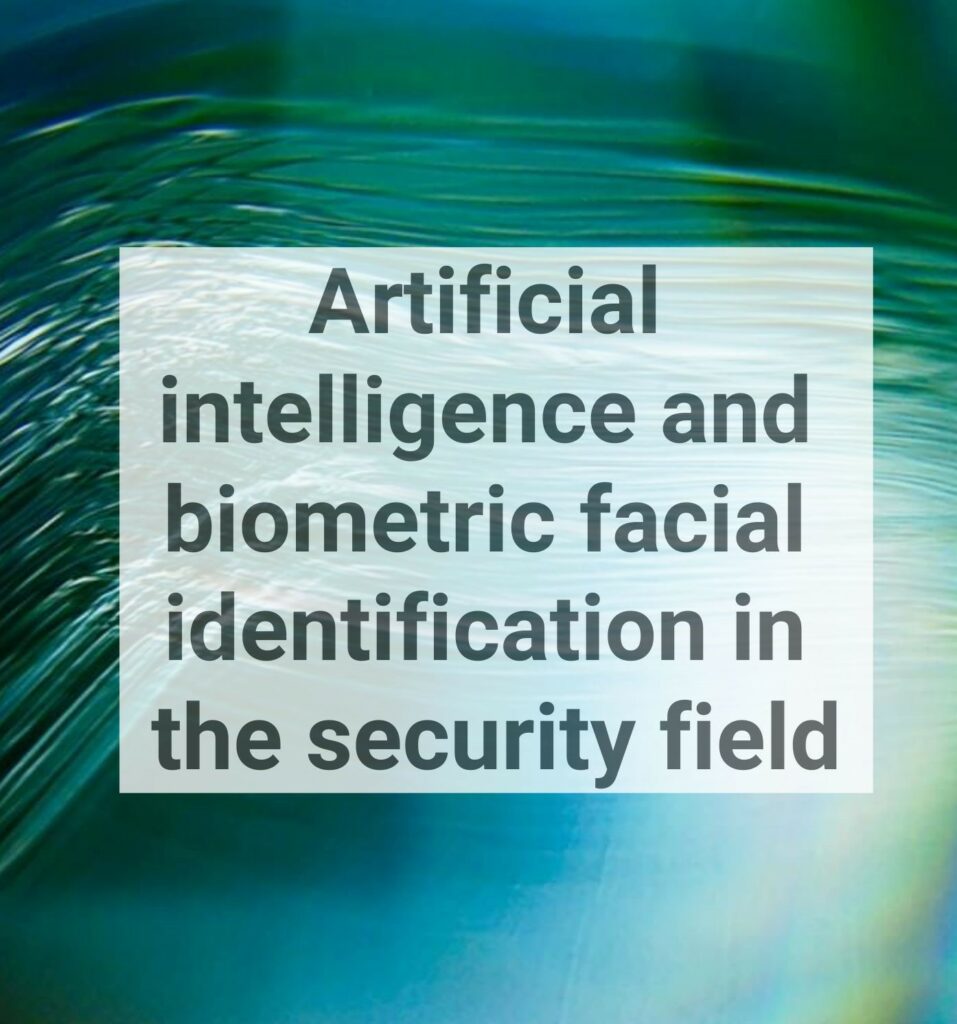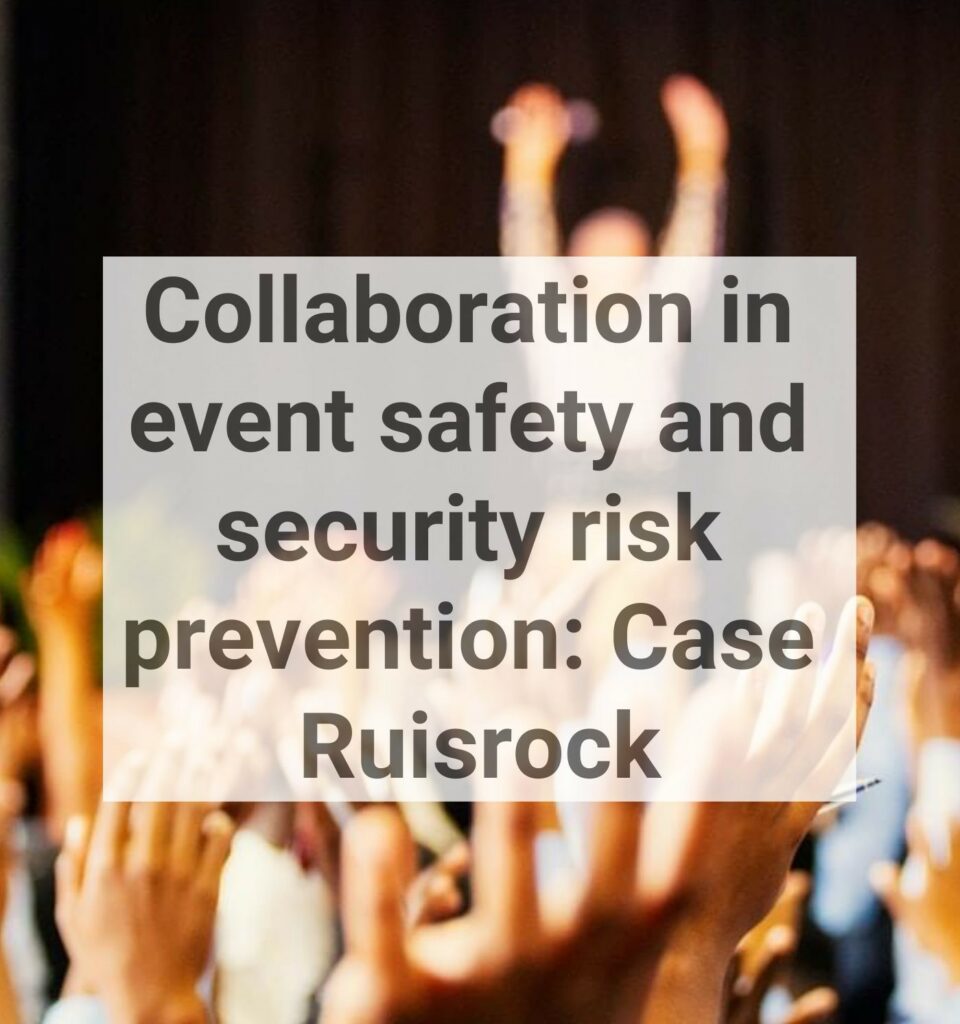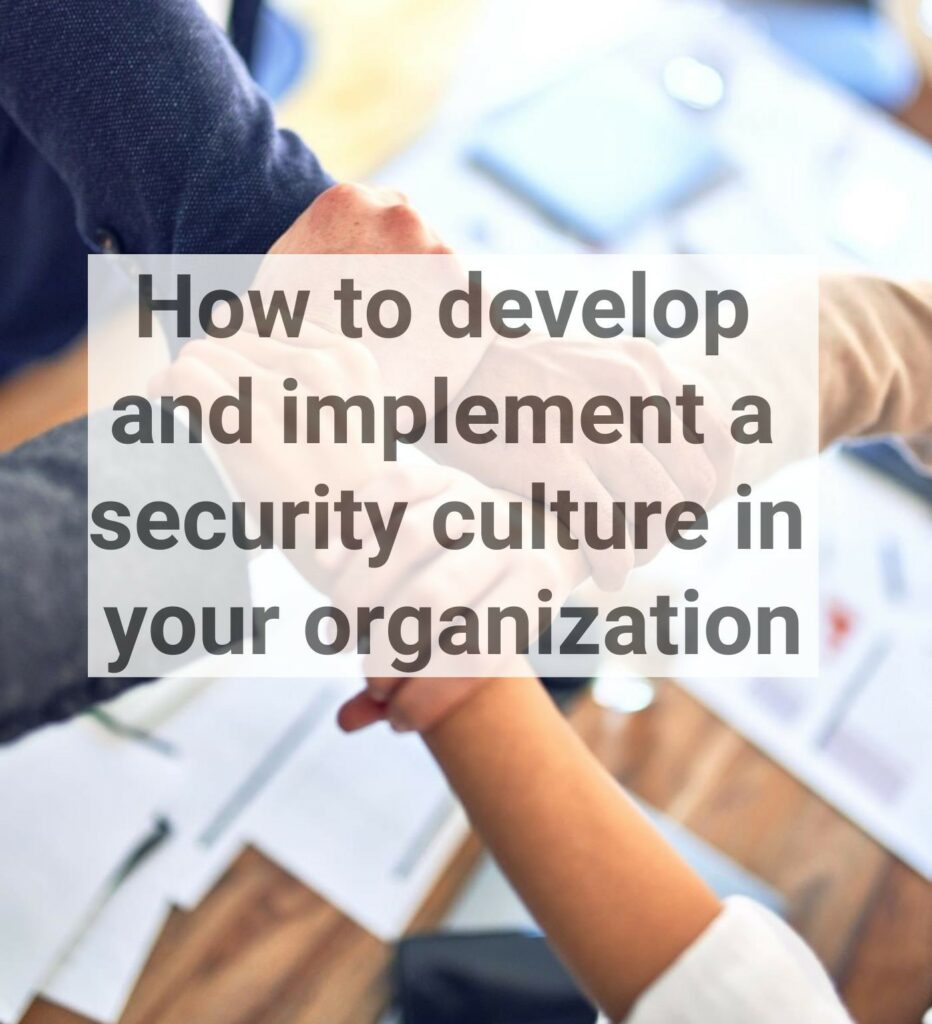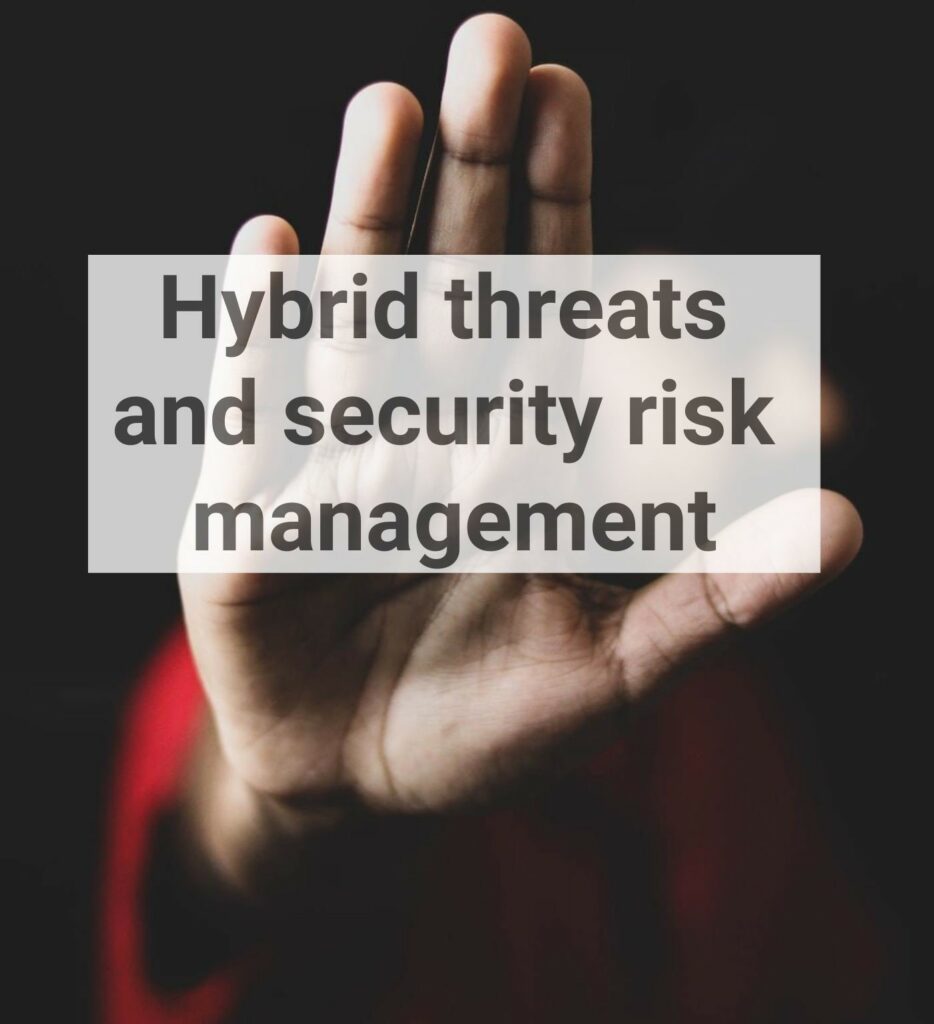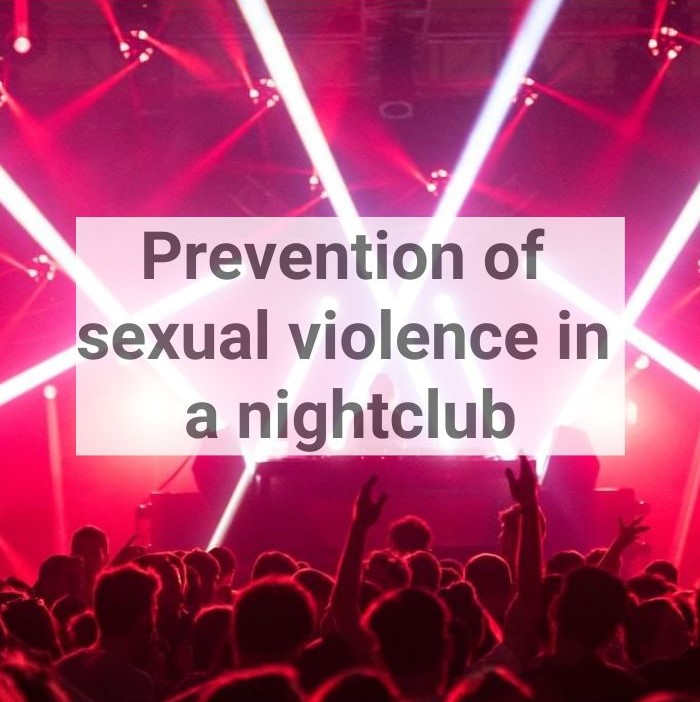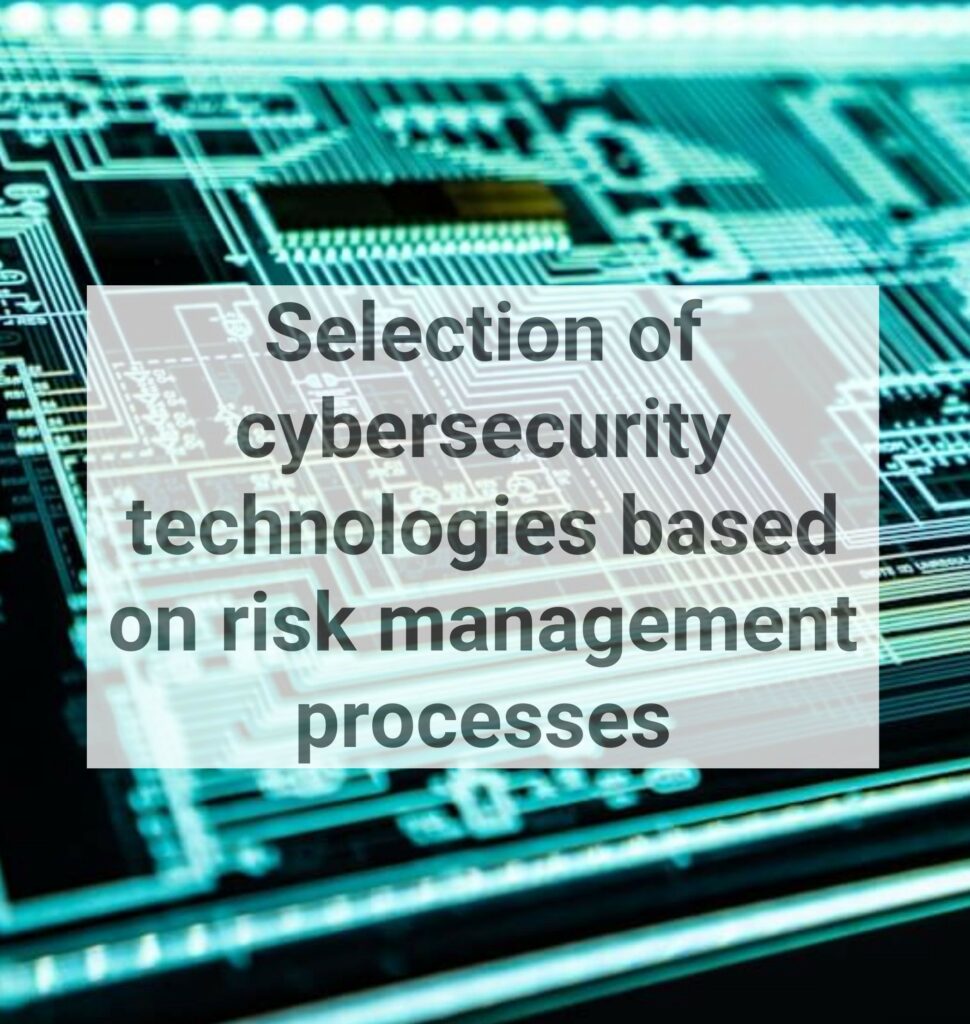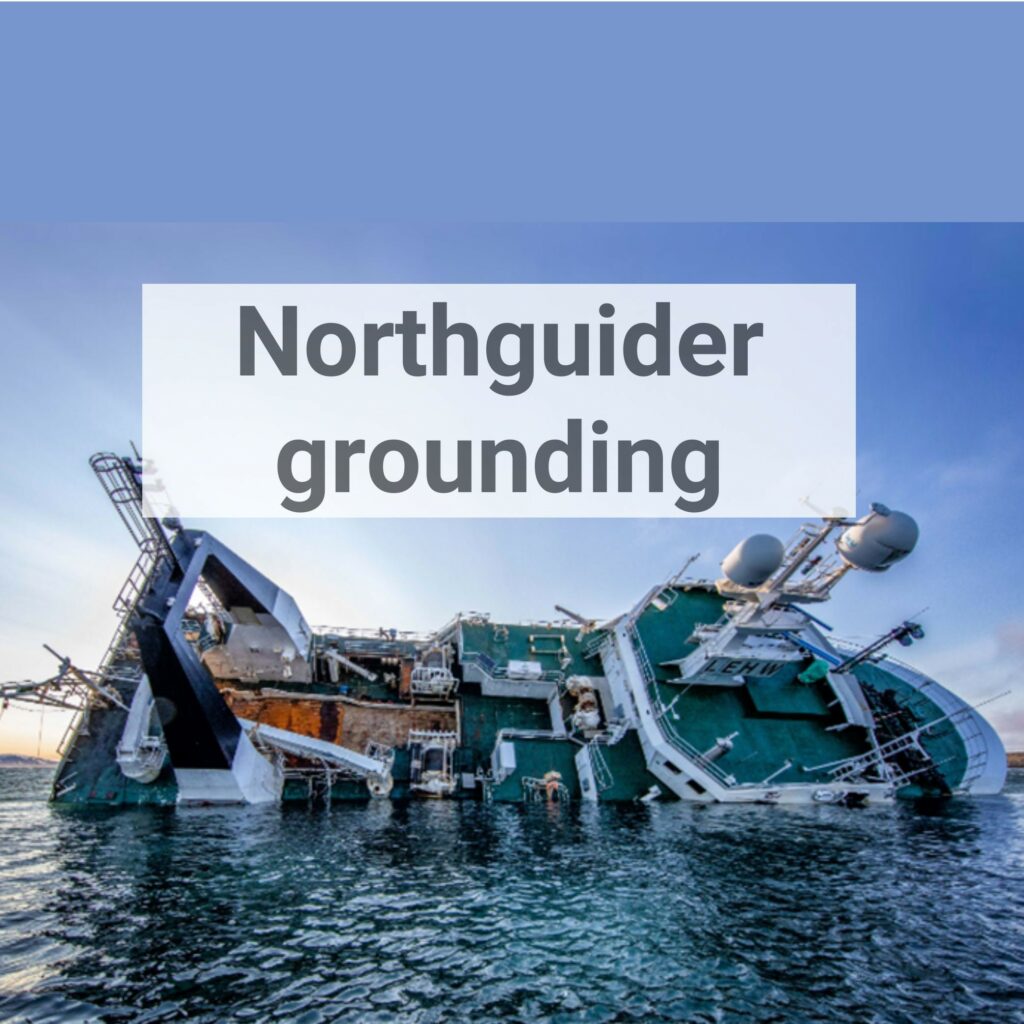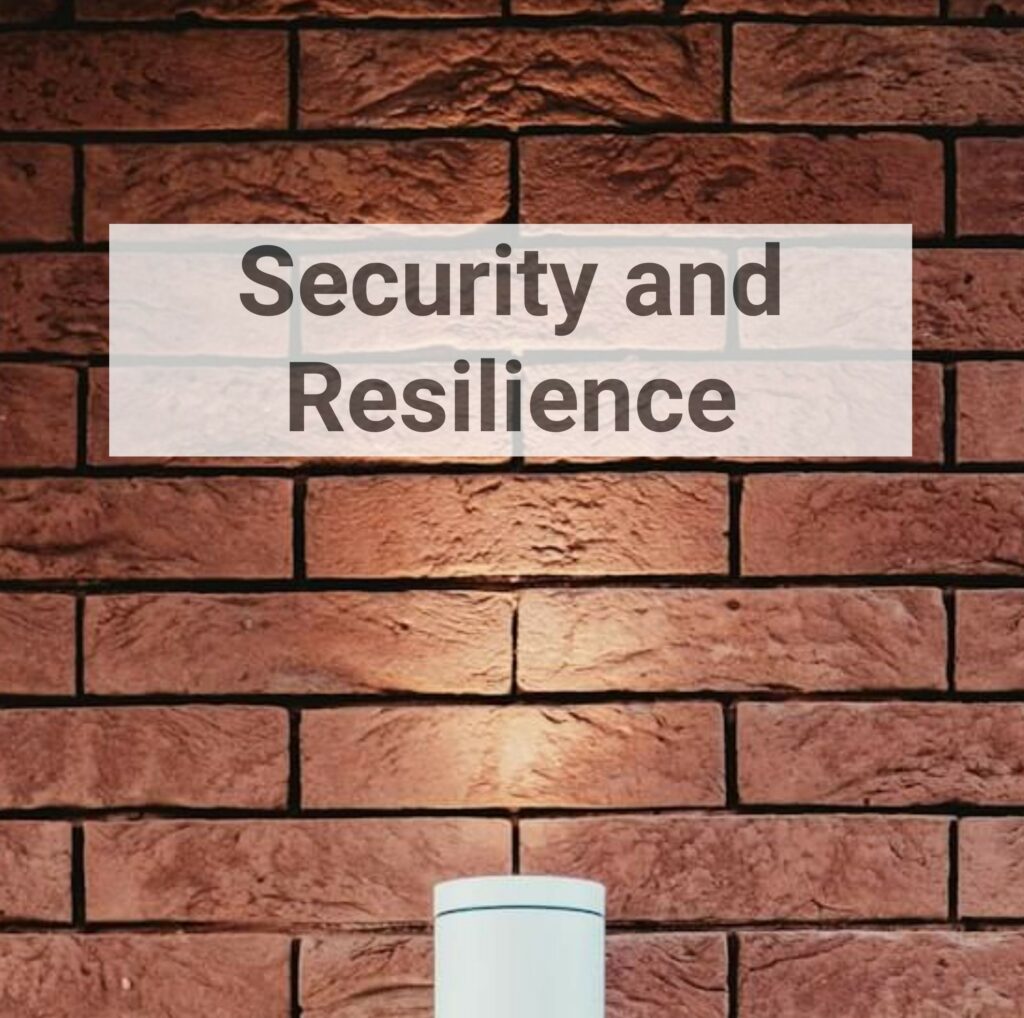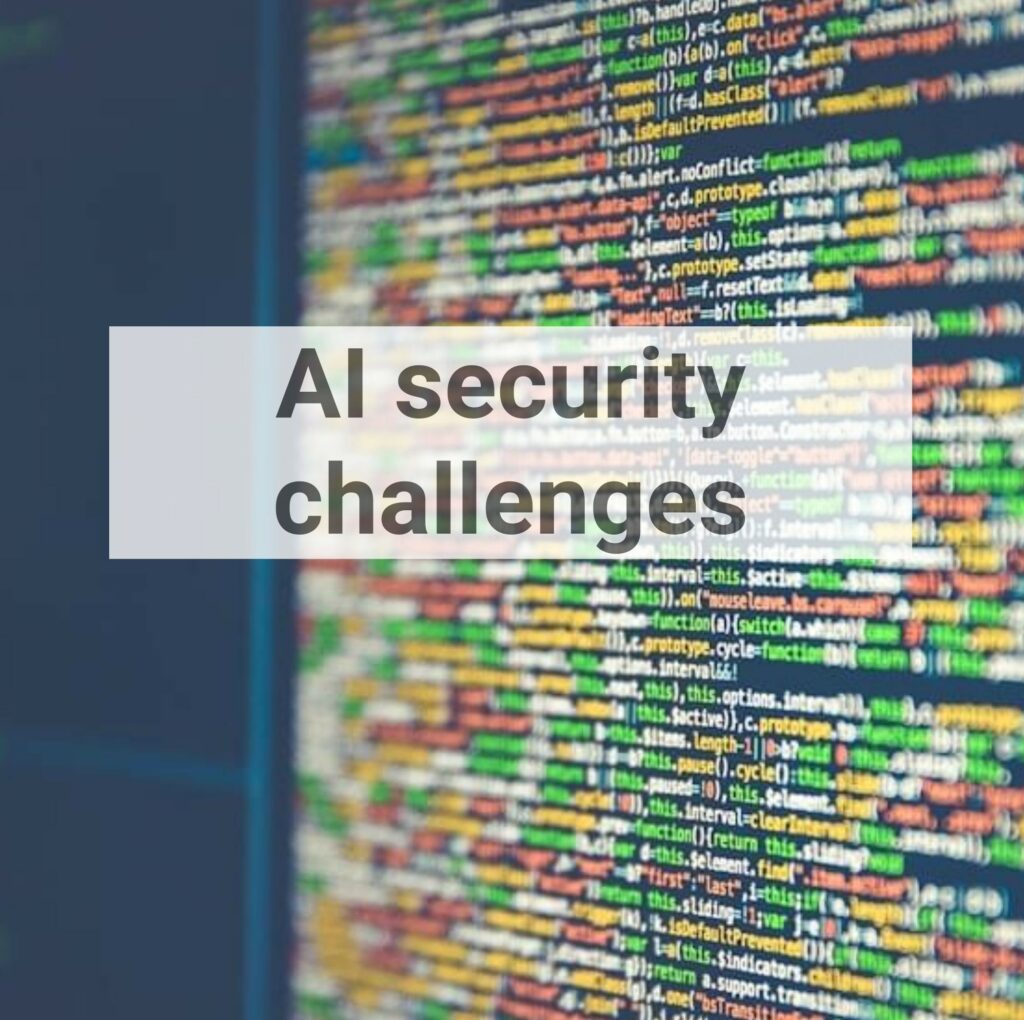
In this section, you’ll find a comprehensive compilation of subtopics related to security risk management. This material includes articles on best practices, practical case studies developed using ISO 31000:2018 principles, and expert advice, covering areas such as early-stage threat identification, security risks at public events, the role of artificial intelligence in risk management, and crisis management.
This material is intended for students interested in security risk management, as well as lecturers and professionals working in the field.
Lambert Bambach / Avans University of Applied Science
The article addresses rising security threats to electricity grids, emphasizing the need for a strong, collaborative asset protection program to ensure continuous and safe energy distribution.
EQF level 5*
Ensieh Roud / Nord University
This article presents some successful elements of collaboration during an emergency response to a landslide that happened in Gjerdrum, Norway.
EQF level 6*
Javier Dorado / School of Prevention and Integral Safety and security
The use of biometric facial identification technologies in public and private institutions for security purposes is a reality. Nonetheless, the use of these techniques that operate with artificial intelligence and automated decisions presents several problems. EQF level 6 / 7*
Anja Aatsinki & Hanna Iisakkila Rojas / Laurea University of Applied Sciences
This article will demonstrate the importance and process of collaboration in event safety and security. You will learn about the model used by South-West Finland´s authorities when collaborating with event organizers. EQF level 6 / 7*
Kārlis Apalups / Turiba University
Development of security culture in an organization can be a challenge, but there are some steps for success that should be considered once a decision is made to develop a culture of security.
EQF level 6*
Prof. dr. Raimundas Kalesnykas / Kazimieras Simonavičius University
Hybrid threats are a complex challenge for the EU’s security; this article examines the case of migrant instrumentalization by Belarus at the EU’s Eastern borders.
EQF level 6 / 7*
Elisabet Garcia Rull / School of Prevention and Integral Safety and Security
This article examines best practices for improving safety and minimising sexual violence in a nightclub.
EQF level 6 / 7*
Elisabet Garcia Rull / School of Prevention and Integral Safety and Security
Suicide is defined as death caused by harming oneself with the intention of dying. We apply the guideline of the WHO and the ISO 31000 to create a general prevention guide as a basis to generate safety risk management in this area. EQF level 6 / 7*
Jyri Rajamäki / Laurea University of Applied Sciences
By following ISO 31000:2018 principles, organizations can make informed decisions on the selection, implementation, and management of cybersecurity technologies to mitigate risks and protect information assets. EQF level 6 / 7*
Kārlis Apalups / Turiba University
Designing security training for universal risk readiness is essential for any organization. The process begins with a commitment from top management, recognizing that without their backing, no substantial progress in training design can occur. EQF level 6*
Natalia Andreassen and Rune Elvegård / Nord University
This article presents a case of learning from experiences of the Northguider accident and implementing improvements in the emergency preparedness systems.
EQF level 6*
Lambert Bambach / Avans University of Applied Science
This article explores the case of a Dutch maritime contracting company, where the management seeks to understand the necessary steps to progressively enhance organizational resilience. EQF level 5*
* EQF LEVELS. All best practice articles and practical tasks in this web portal are marked with an EQF level, indicating the appropriate study level (college, bachelor’s, or master’s) for each material. The EQF level (European Qualifications Framework) is a standard used across Europe to describe the difficulty and depth of learning in education. This helps you choose the most suitable materials for your studies. Read more about EQF levels HERE.


